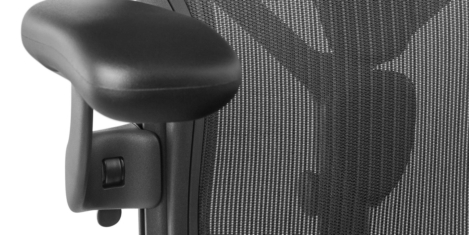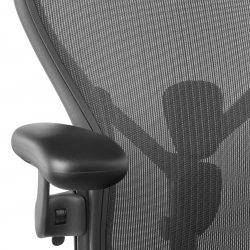November 21, 2016
Ethics a grey area for staff, when management fails to lead by example 0
 A third of people have taken a sick day in the last two years when they weren’t really ill, and one in 10 said that every sick day they’ve taken in the last 24 months has been false, a new study of British workers claims. And men are more likely than women to take a sick day when they’re not genuinely sick (36 percent of men compared to 30 percent of women). The survey of 2,000 employed adults in the UK also found that 36 percent would rather work for a company that paid them more, over one whose ethics they agreed with. Fifty-six percent of people in the study would continue to work for a company that avoided paying tax, and 14 percent said they currently work somewhere with managers or senior staff members that they believe are dishonest in their company’s tax returns. Yet despite all of this, nine out of 10 people say they do uphold ethical standards in their workplace.
A third of people have taken a sick day in the last two years when they weren’t really ill, and one in 10 said that every sick day they’ve taken in the last 24 months has been false, a new study of British workers claims. And men are more likely than women to take a sick day when they’re not genuinely sick (36 percent of men compared to 30 percent of women). The survey of 2,000 employed adults in the UK also found that 36 percent would rather work for a company that paid them more, over one whose ethics they agreed with. Fifty-six percent of people in the study would continue to work for a company that avoided paying tax, and 14 percent said they currently work somewhere with managers or senior staff members that they believe are dishonest in their company’s tax returns. Yet despite all of this, nine out of 10 people say they do uphold ethical standards in their workplace.



































